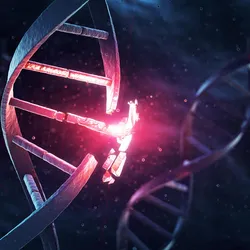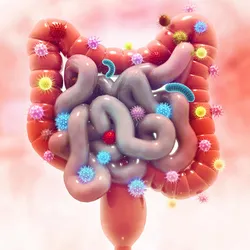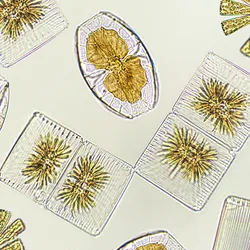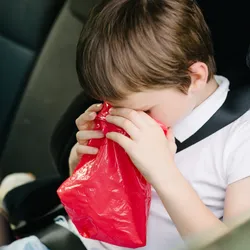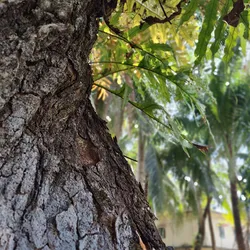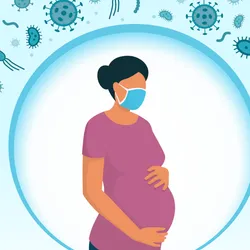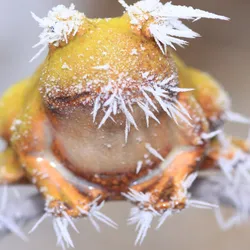
Sneha Khedkar
Assistant editor at The Scientist
Sneha Khedkar is an Assistant Editor at The Scientist. She has a Master’s degree in biochemistry, after which she studied the molecular mechanisms of skin stem cell migration during wound healing as a research fellow at the Institute for Stem Cell Science and Regenerative Medicine in Bangalore, India. She has previously written for Scientific American, New Scientist, and Knowable Magazine, among others.
